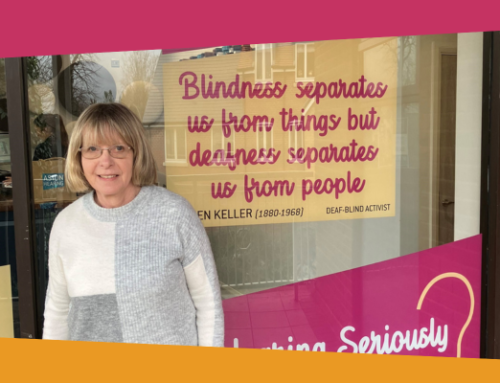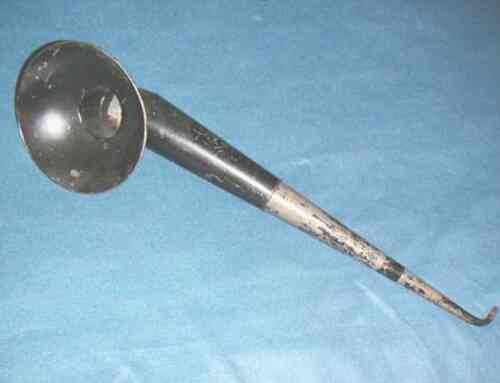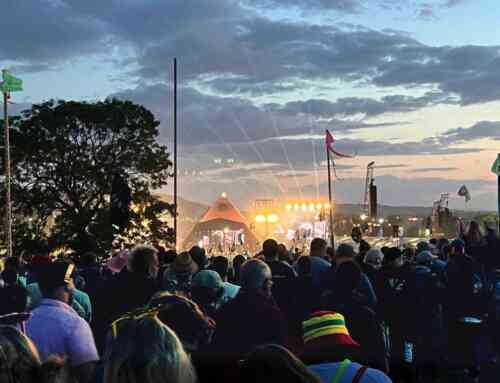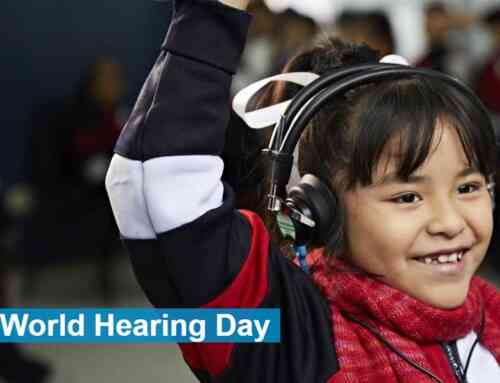I’m part of a magical generation: the Baby Boomers, born just after World War II. There are a lot of us – the year I arrived, in 1946, a million babies were born in the UK, and most of us are still around. In fact we have 15 million retired people, and over 11 million, drawing their state pension; we’re the best off, the most active, the most innovative pensioners ever, and absolutely determined to enjoy our time on earth. We do not believe in “behaving our age” or allowing age-related issues to stop us enjoying ourselves. And unlike our parents’ generation, many of us are financially secure and have the means to make that happen.
My hearing journey started over half a century ago, in The Cavern Club in Liverpool. I would sneak down there in my school dinner breaks, pulling a black polo neck sweater over my uniform.
Standing right next to booming speakers was not a great idea, so when I noticed much later some hearing loss in my left ear, I put it down to youthful excess.
Hearing caused me no grief for many years. Like most people, as I turned 50, I soon needed reading glasses, and now we have a pair in every room of the house including the bathroom; there’s nothing more infuriating than needing a pair, and they’re downstairs.
As I turned 65 my husband would often get exasperated as I ignored him, and suggested I get my ears tested, but in truth I rather enjoyed being able to take no notice of anything I didn’t want to engage with. It even became a secret joke: if I was seated at a dinner next to the club bore, I made sure he was on my deaf side.
Then I’d smile and nod sweetly, but with precious little idea what he was saying. It didn’t seem to matter. You can tell a lot from people’s expressions, and I reckon many club bores are a bit deaf too.
In early 2017 came a dilemma. I was booked as a guest speaker on a prestigious cruise ship, a job I’ve done with my husband for many years. Giving talks would pose no difficulty, but I like taking questions, and even with roving mics it was getting harder to grasp what questioners were on about. Hearing aids, if I needed them, were the obvious answer.
My preference was for an independent practitioner who could advise me on all the appliances available. The test was a surprise – far more thorough than expected, with a lot of personal time given in complete privacy.
It was a revelation. Suddenly I could hear our old dog on walks, panting along behind me. I could hear the crinkle of paper on my desk and the rain falling outside. I could hear the phone – in fact it rings in my ear, and makes me jump!
Like over a million OAPs I am still working, doing my bit for the economy and keeping myself occupied. Like younger people, I see no reason why hearing loss should stop me doing anything I want.
If I have a bad back I will ask for a chair. If I need to look at charts and tables I reach for my specs. And since I can’t hear, I have superb modern aids. They fit neatly and comfortably in the ear, and with my usual hair style are invisible.
If I’m at a meeting and need to turn them up, I do it on my mobile – it looks like I’m being polite and putting the phone to silent! So it’s up to me whether I say I have them or not. People are often startled when I take them out to demonstrate. If I’m trying to persuade someone whose lifestyle is being limited by hearing loss I say It doesn’t have to happen, because you can take control.
And indeed I have every reason to be grateful, for it turns out I have an acoustic neuroma in my left ear; that’s a benign slow-growing tumour, which squeezes the aural nerve. It’s been checked out, and the advice is to monitor it but otherwise do nothing. In fact the best treatment is high quality hearing aids, and I have those already.
So I’d say, if you or anyone you know is getting a bit deaf, then get those ears tested, in the confidence that high-tech digital aids will revolutionise your life.
I love my Oticon Opns. I only wish I’d gone for them a lot sooner.





